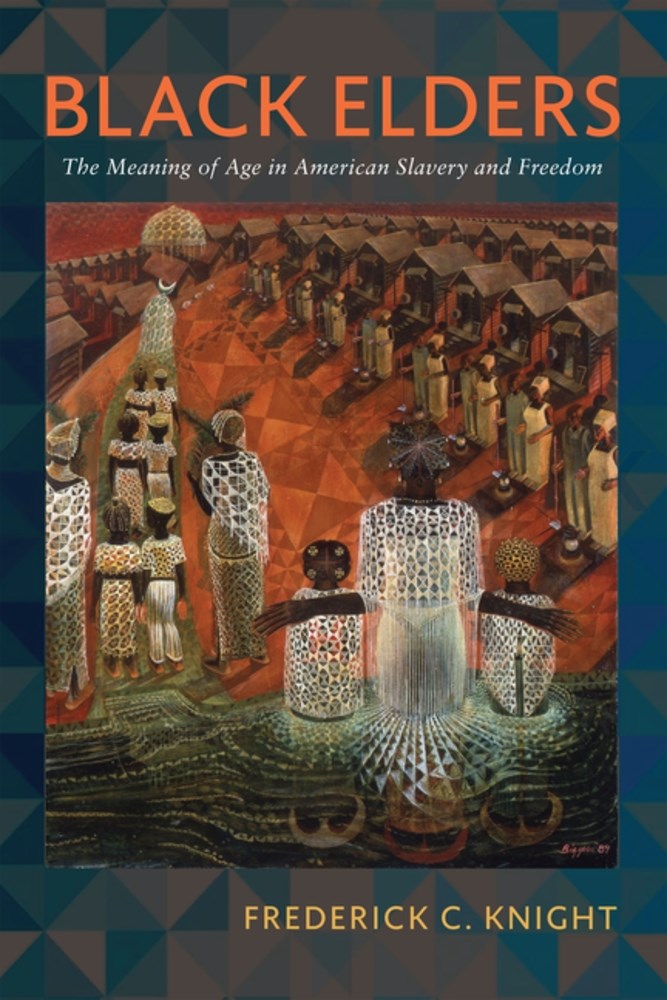2018 School Spending Survey Report
Black Elders: The Meaning of Age in American Slavery and Freedom
COPY ISBN
VERDICT A readily accessible read for all interested in the chronic, painful, physical, and mental battles that marked the daily lives of enslaved and emancipated Black people approaching the end of life, reckoning with their prospects, and reflecting on their mortality. This book centers elders, their roles, and day-to-day class and gender relations and demonstrates how Black communities cared for each other as they tried to maintain material and moral intergenerational bonds during and immediately after the era of enslavement.
RELATED
ALREADY A SUBSCRIBER? LOG IN
We are currently offering this content for free. Sign up now to activate your personal profile, where you can save articles for future viewing




Comment Policy:
Comment should not be empty !!!